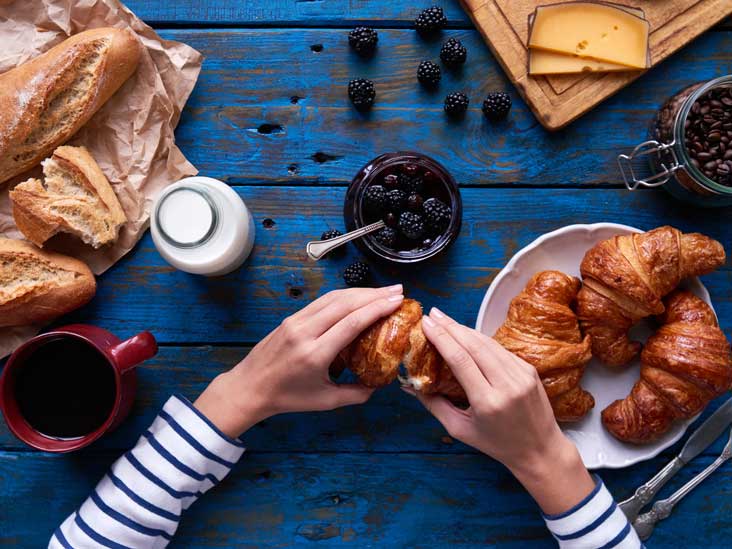Lucyr
Well-Known Member
- Relationship to Diabetes
- Type 1
I was prescribed this after speaking to the hospital diabetes doctor on the phone. I wasn’t really keen on starting it to be honest after reading online as I have only found very negative reviews of it that honestly sound terrifying.
I have decided to give it a go, if only so I can say yes I tried that. I took it for 1-2 days before Christmas, then had a break as visiting family and have started it again today.
It works by reducing the amount of fat you absorb from food and encouraging your body to pass some of the fat. The warnings around it are all pretty dire toilet related potentials, which sound embarrassing and distressing.
Today I’ve taken 1 with each meal. Food hasn’t been ideal as away for Christmas and I can’t weigh myself for a few days yet. You’re advised to eat 10-15g fat per meal, and you don’t take it if a meal doesn’t contain fat as it won’t work. Today I had 10g fat in the morning, 14g in the afternoon and 20-30g (couldn’t weigh food so not too sure) in the evening meal.
No side effects or differences in toilet habits at all today so not sure if it’s doing anything or not. Did have a bit of an uncomfortable “eaten too much” type of feeling after evening meal, though the portion wasn’t too large. It did contain more fat than it advised but I wasn’t cooking so was tricky.
So far so good but see how it goes over the next few days. I’ll skip it for any meals where I need to be out of the house until I am more confident about how it works for me, but take it when I’ll be in for now.
I have decided to give it a go, if only so I can say yes I tried that. I took it for 1-2 days before Christmas, then had a break as visiting family and have started it again today.
It works by reducing the amount of fat you absorb from food and encouraging your body to pass some of the fat. The warnings around it are all pretty dire toilet related potentials, which sound embarrassing and distressing.
Today I’ve taken 1 with each meal. Food hasn’t been ideal as away for Christmas and I can’t weigh myself for a few days yet. You’re advised to eat 10-15g fat per meal, and you don’t take it if a meal doesn’t contain fat as it won’t work. Today I had 10g fat in the morning, 14g in the afternoon and 20-30g (couldn’t weigh food so not too sure) in the evening meal.
No side effects or differences in toilet habits at all today so not sure if it’s doing anything or not. Did have a bit of an uncomfortable “eaten too much” type of feeling after evening meal, though the portion wasn’t too large. It did contain more fat than it advised but I wasn’t cooking so was tricky.
So far so good but see how it goes over the next few days. I’ll skip it for any meals where I need to be out of the house until I am more confident about how it works for me, but take it when I’ll be in for now.


